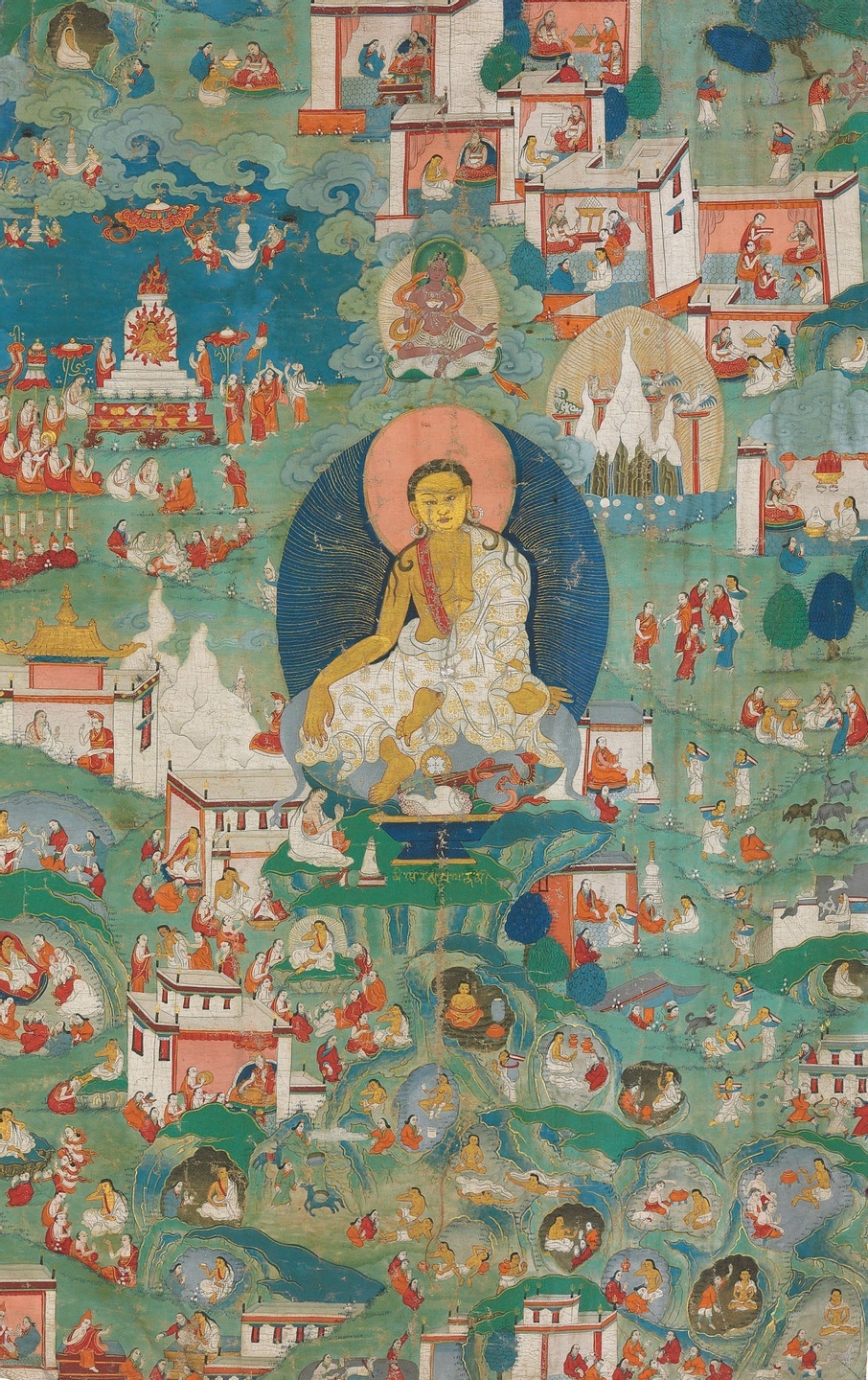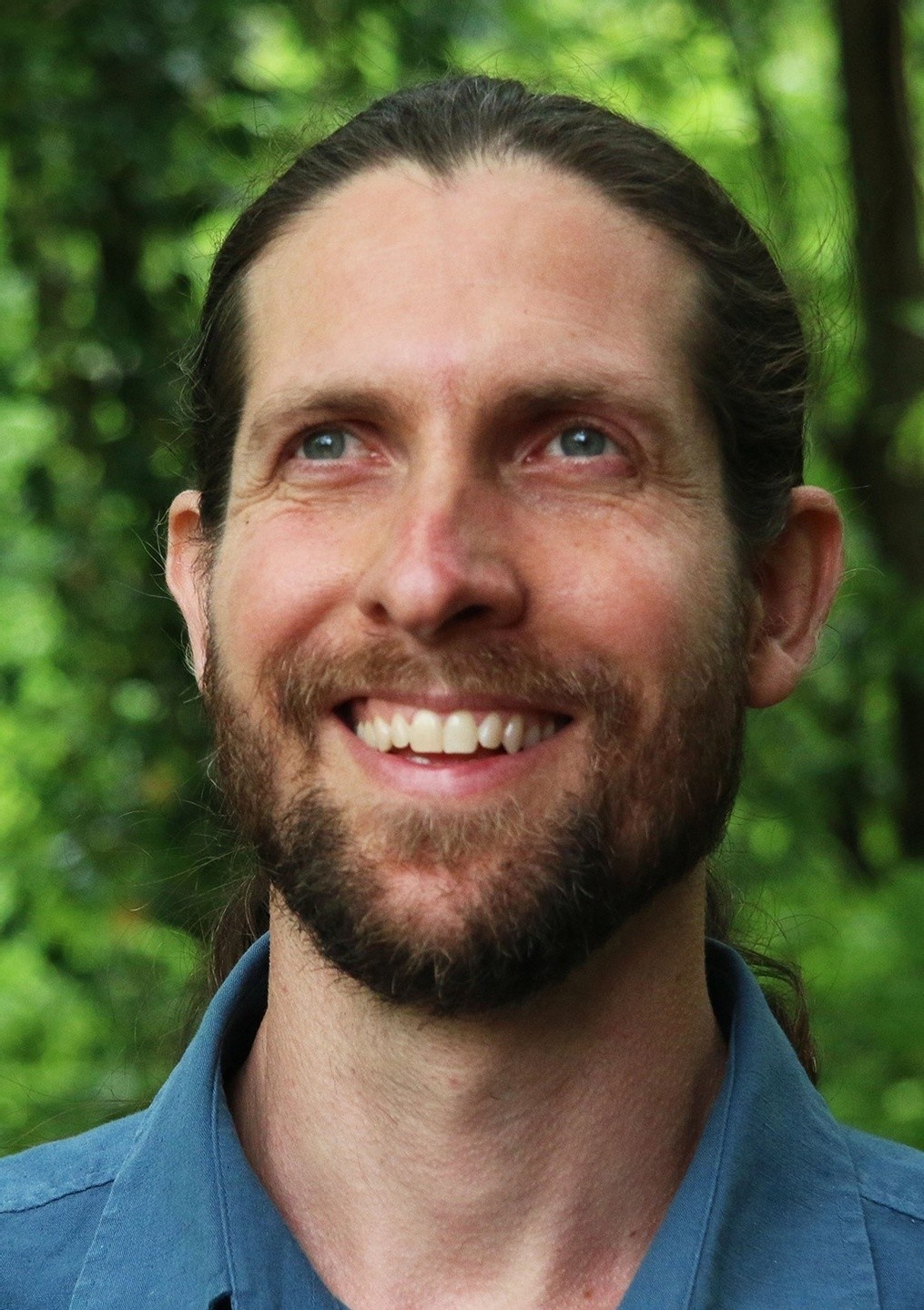
Course Description
How exactly did the historical Buddha find his way to enlightenment or awakening? What practices and techniques did he prescribe for his followers to traverse the path he discovered? What were the socio-cultural and cosmological contexts that conditioned how the Buddha taught and practiced? How did meditative techniques attributed to him spread across half the globe in premodern times and find their way into the global mainstream in modernity?
This course will attempt to answer such questions through an exploration of how Buddhist contemplative traditions emerged in early South Asia, and the ways in which they evolved and transformed as they spread to Central, East, and Southeast Asia. Emphasis will be on the historical evolution, doctrinal foundations, and monastic and lay regimens associated with Buddhist meditation practices. We will explore a number of specific traditions: models of practice set out in the earliest historical discourses of the Buddha, the Tiantai and Chan traditions of China, the gradualist and Great Perfection traditions of Tibet, and the mindfulness and pragmatic Dharma traditions of modern North America. With a focus on primary sources, we will attempt to enter the worlds of the historical practices, tracking continuities and changes across various cultural, institutional and soteriological contexts.
While the focus of the course is historical and academic, students will also gain resources to explore their own practice interests. How does an understanding of traditional early Buddhist practice models and their reconfigurations across cultures in history help us think about our own positions in time and space? The course aims to push students to reflect on such questions, and to probe how knowledge of Buddhist sources and practice models can help us think broadly about our own current contexts.

Course Modules
Module 1 — The Buddha and His Path: Practice, Doctrine, and Cosmos
Module 2 — Bodhisattvas and Transcultural Contemplations: From Yoga Practitioners in India to Dhyāna Masters in China
Module 3 — Gradual and Sudden: Tibetan and Tantric Transmissions
Module 4 — Going Global: Transmissions into Modernity
Students Will Receive:
- 4 Video + Audio lectures (90 min)
- 4 Prerecorded Q&A sessions (90 min)
- 4 BS Credits
- 12 Hours of CE credit with YA
- Course Syllabus (PDF)
- Weekly Readings (PDF)
- 4 Multiple Choice Quizzes
- Yogic Studies Certificate (PDF)
- Access to Yogic Studies Community
Dr. Daniel M. Stuart
Associate Professor in the Department of Religious Studies, University of South Carolina
Daniel M. Stuart's research focuses on the history of traditional Buddhist contemplative practices from their origins in premodern South Asia into the global present. He holds an MA in Sanskrit Literature and a PhD in Buddhist Studies from the University of California at Berkeley.
Dr. Stuart is particularly interested in how Asian thought systems, practice regimes, and cosmovisions converge in specific ways to form distinctive traditions of practice at particular moments in history. He has worked on a wide range of premodern Indian textual traditions, bringing to light lesser-known texts and unedited manuscripts in various Asian languages and scripts. He works with textual materials in Sanskrit, Pāli, Hindi, Gāndhārī, Buddhist Chinese and literary Tibetan. He has also spent nearly a decade in Asia as a student, as a research scholar, and as a practitioner of meditation. He is the author of four books: Thinking about Cessation, A Less Traveled Path, The Stream of Deathless Nectar, and S. N. Goenka: Emissary of Insight.

This course is eligible for 12 hours of Continued Education (CE) credits with Yoga Alliance

Stay Informed
Sign up for the Yogic Studies mailing list to find out first about upcoming courses, podcast episodes, promotions, events, and the latest research delivered straight to your inbox.

